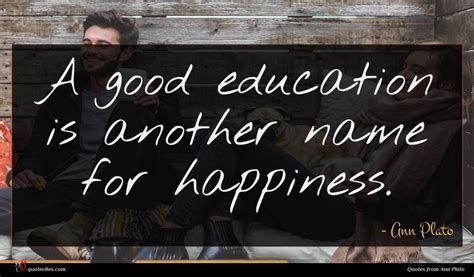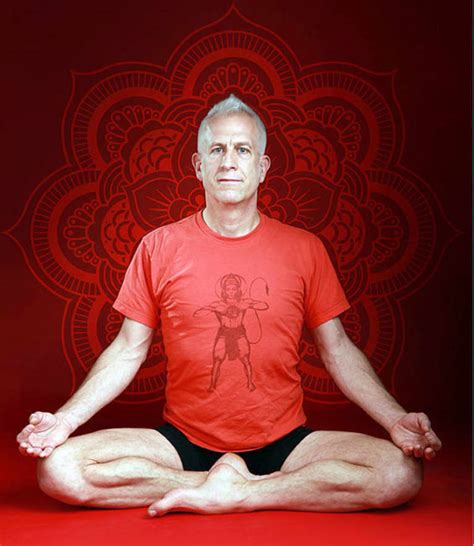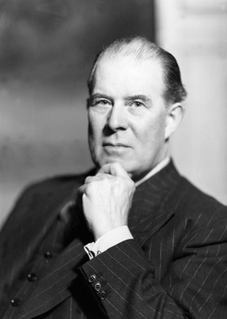A Quote by David Hume
Custom, then, is the great guide of human life. It is that principle alone, which renders our experience useful to us, and makes us expect, for the future, a similar train of events with those which have appeared in the past.
Related Quotes
There are 4 types of relationships. We generally know people who guide and help us like a parent or teacher; those who need our wisdom or help like a child or student; people with similar knowledge and experience on our life path who want to offer unconditional support; and those who do not wish to support us.
There are some places which, seen for the first time, yet seem to strike a chord of recollection. "I have been here before," we think to ourselves, "and this is one of my true homes." It is no mystery for those philosophers who hold that all which we shall see, with all which we have seen and are seeing, exists already in an eternal now; that all those places are home to us which in the pattern of our life are twisting, in past, present and future, tendrils of remembrance round our heart-strings.
One of the greatest gifts we receive from dogs is the tenderness they evoke in us. The disappointments of life, the injustices, the battering events that are beyond our control, and the betrayals we endure, from those we befriended and loved, can make us cynical and turn our hearts into flint – on which only the matches of anger and bitterness can be struck into flame. By their delight in being with us, the reliable sunniness of their disposition, the joy they bring to playtime, the curiosity with which they embrace each new experience, dogs can melt cynicism,and sweeten the bitter heart.
I see a world in the future in which we understand that all life is related to us and we treat that life with great humility and respect. I see us as well as social creatures, and when I began to look back and say, ‘what is the fundamental bottom line for us as social creatures?’I couldn’t believe it because it seemed so hippy dippy, but it was Love. Love is the force that makes us fully human.
Despite the war, and bombings, and all the big things that happen to us, the stuff of our lives is small and always will be. During a war it is different, but even then, it is perfectly possible to write novels during a major war, which are about those thing which endure. It is what makes us human and the thing which is going to keep going.
Life is the future, not the past. The past can teach us, through experience, how to accomplish things in the future, comfort us with cherished memories, and provide the foundation of what has already been accomplished. But only the future holds life. To live in the past is to embrace what is dead. To live life to its fullest, each day must be created anew.
Too much apparatus, designed to guide us in experiments and to supplement the exactness of our senses, makes us neglect to use those senses...The more ingenious our apparatus, the coarser and more unskillful are our senses. We surround ourselves with tools and fail to use those which nature has provided every one of us.
Human behaviour reveals uniformities which constitute natural laws. If these uniformities did not exist, then there would be neither social science nor political economy, and even the study of history would largely be useless. In effect, if the future actions of men having nothing in common with their past actions, our knowledge of them, although possibly satisfying our curiosity by way of an interesting story, would be entirely useless to us as a guide in life.
So far are we generally from thinking what we often say of the shortness of life, that at the time when it is necessarily shortest we form projects which we delay to execute, indulge such expectations as nothing but along train of events can gratify, and suffer those passions to gain upon us which are only excusable in the prime of life.
If we only arrange our life in accordance with the principle which tells us that we must always trust in the difficult, then what now appears to us as the most alien will become our most intimate and trusted experience. How could we forget those ancient myths that stand at the beginning of all races, the myths about dragons that at the last moment are transformed into princesses? Perhaps all the dragons in our lives are princesses who are only waiting to see us act, just once, with beauty and courage.








































